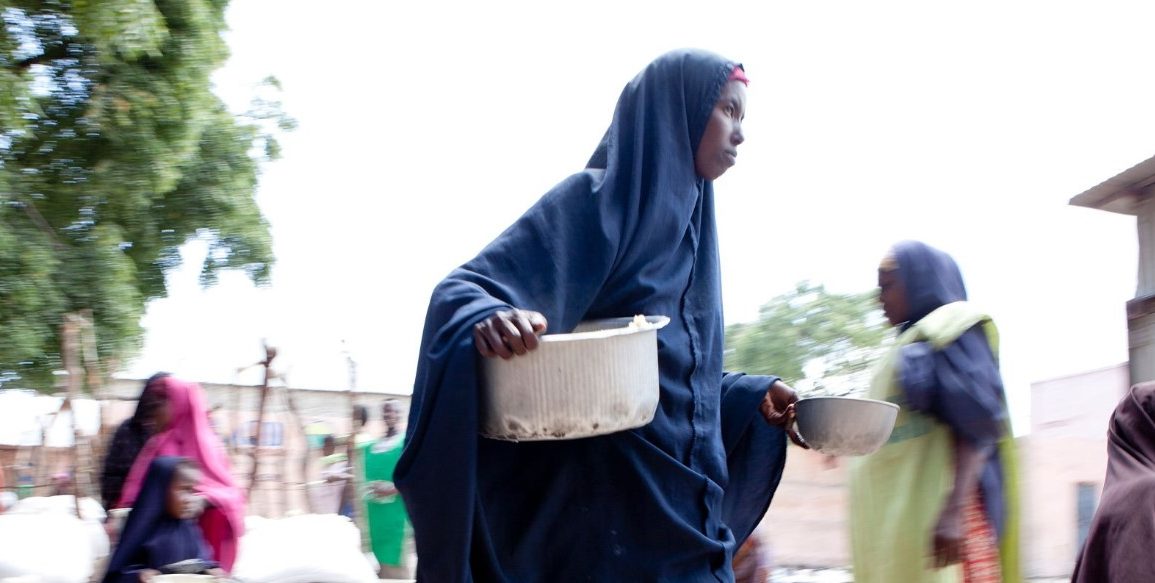A recent landmark report by the Lancet Countdown highlights unprecedented health threats resulting from the climate crisis, revealing alarming statistics on heat-related deaths, food insecurity, and the spread of infectious diseases.
The report underscores that the climate emergency is not a distant issue but an immediate risk to global health.
Dr. Marina Romanello, executive director of the Lancet Countdown at University College London, stated, “This year’s stocktake of the imminent health threats of climate inaction reveals the most concerning findings yet.”
In 2023, extreme drought impacted 48% of the global land area, leading to a staggering increase in health-threatening temperatures.
The report indicates that 151 million more individuals experienced moderate to severe food insecurity, heightening the risk of malnutrition.
Among the most alarming statistics is the 167% rise in heat-related deaths among those over 65 compared to the 1990s.

The report emphasizes that these figures would have been significantly lower without the climate crisis.
Additionally, increased temperatures resulted in a 6% rise in lost sleep hours, which can have detrimental effects on physical and mental health.
The Lancet report also points to a 31% increase in people exposed to dangerously high levels of particulate matter, exacerbated by sand and dust storms.
Life-threatening diseases such as dengue and malaria are expanding into new regions due to rising temperatures.
Despite these warnings, investments in fossil fuels continue to surge, leading to record greenhouse gas emissions.
António Guterres, the United Nations Secretary-General, urged immediate action, stating, “Record-high emissions are posing record-breaking threats to our health.”
He emphasized the urgent need to reduce emissions and end the reliance on fossil fuels to safeguard future generations.
Experts agree that the health impacts of climate change are already being felt and will only worsen without significant intervention.
As Dr. Lea Berrang Ford from the UK Health Security Agency noted, “The health decisions we make today will determine the severity and extent of climate impacts inherited by today’s youth and their children.”

